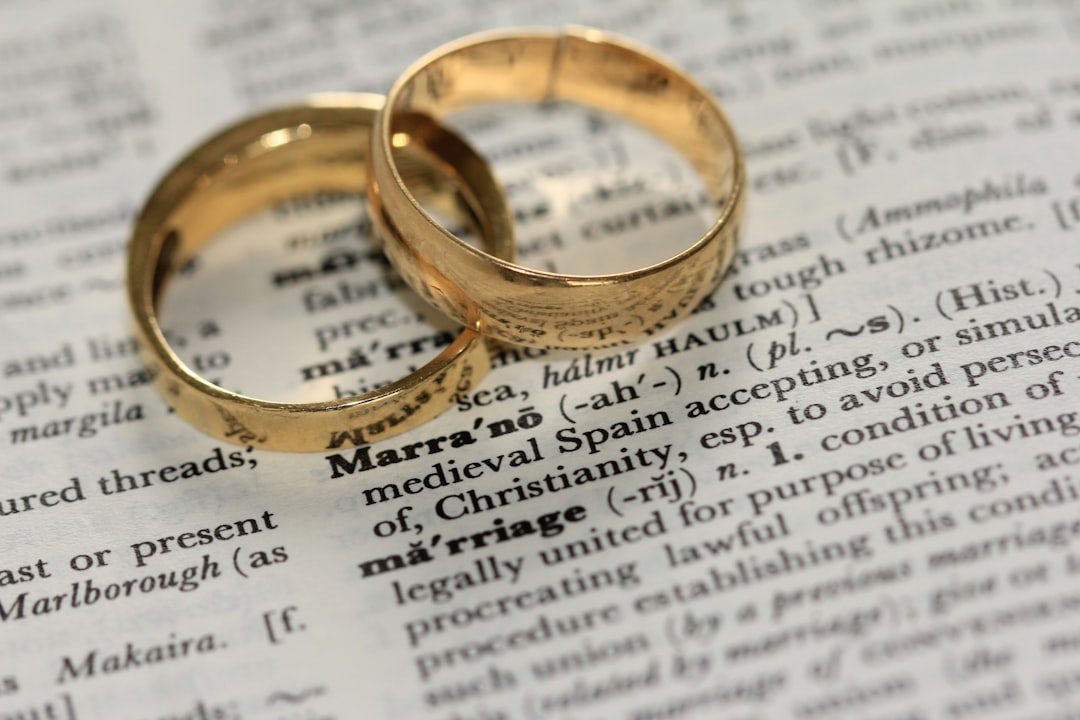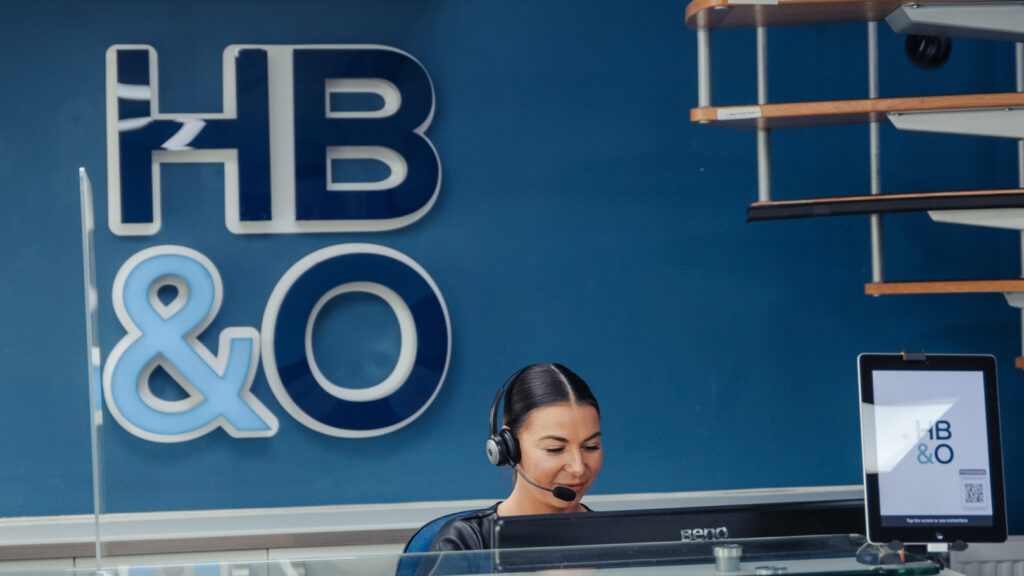Marriage Allowance enables you to transfer £1,260 of your personal allowance (usually £12,570) to your husband, wife, or civil partner provided neither of you are a higher rate or additional rate taxpayer. By doing so, this reduces their tax by up to £252 in the tax year.
Who is eligible?
To qualify for Marriage Allowance, you must meet the following criteria:
- You are legally married or in a civil partnership with the same person for the whole, or part, of the relevant tax year.
- You are entitled to a personal allowance for the tax year.
- Your income is below your personal allowance so you do not pay income tax.
- Your partner’s income falls within the basic rate tax bracket, ‘typically’ ranging from £12,571 to £50,270 before they receive Marriage Allowance*.
It is important to note that you cannot claim Marriage Allowance if you are cohabiting but not officially married or in a civil partnership.
Your application for Marriage Allowance remains unaffected if you or your partner:
- Are currently receiving a pension.
- Reside abroad, provided you receive a Personal Allowance.
What are the mechanics of transferable tax allowance?
The donor spouse/partner relinquishes £1,260 of their personal allowance, while the recipient spouse/partner receives a tax reducer (tax credit) of £252.
The recipient spouse/partner can apply the tax reducer towards their tax liability. Should the tax reducer exceed their tax liability, they won’t receive a tax refund for the excess, and the donor spouse’s personal allowance won’t be readjusted.
Marriage allowance can be claimed online (this will be the quickest method), by post using form MATCF, or on page TR5 on the main tax return, and claims can be made for the current tax year and up to the last four tax years, providing you were eligible in each year – so potentially creating a sizeable refund.
Following a claim, the transfer will continue automatically for each subsequent tax year, until cancelled. You must notify HMRC if your circumstances change, and you are no longer eligible.
*What is the inconsistency between HMRC’s understanding and the legislation?
HMRC has shown reluctance in processing claims when one individual’s income exceeds £50,270, even if that individual’s tax liability remains within the basic rate due to an extension of their basic rate band through gross gift aid donations or personal pension contributions. According to HMRC’s interpretation, once the income surpasses the £50,270 threshold, the transfer is deemed ineligible, and their online calculator supports this stance. However, this contradicts the legislation, which specifies that individuals are eligible provided they are not subject to a tax rate other than the basic tax rate, the dividend ordinary rate, or the starting rate for savings.
How we can help you
Our specialist tax team are aware of this inconsistency and are fully equipped to support you if you would like to find out whether you could be eligible for Marriage Allowance. Please get in touch with our Senior Tax Manager, Vanessa Glenn, for further information.
Email: [email protected]
Phone: 01926 422292














